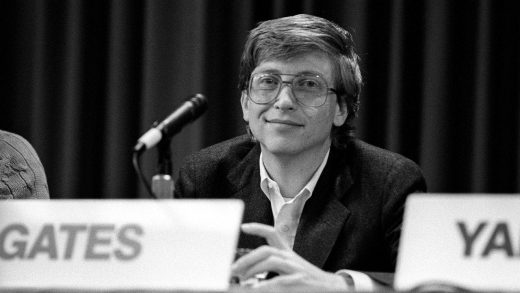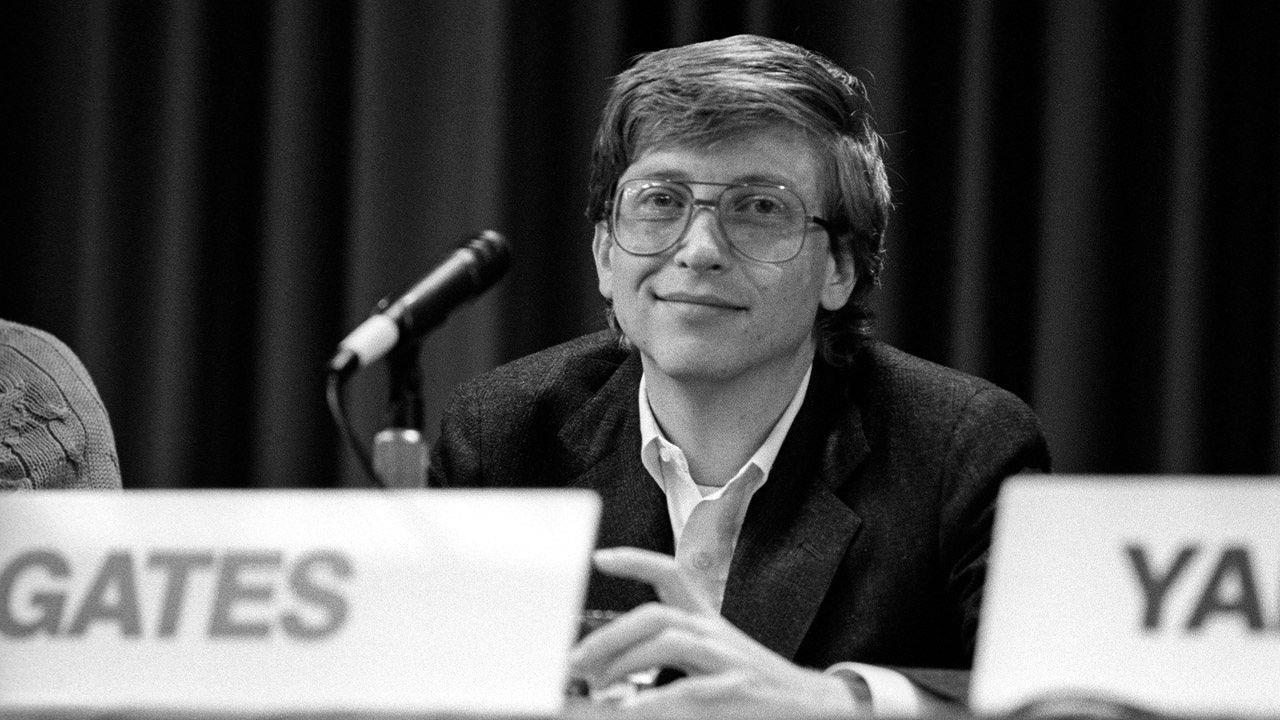Why You Should Evaluate Job Offers Like An Investor
That job might come with a great salary, cool perks, and strong benefits, but if you stop there when evaluating whether or not to accept the offer, you literally could be selling yourself short.
“Labor is selling skills and energy for money, and it’s one of the biggest assets anyone has,” says Douglas McCormick, author of Family Inc.: Using Business Principles to Maximize Your Family’s Wealth. “Everyone should calculate their expected lifetime labor value and increase that value by selecting the right types of jobs. That involves evaluating compensation more broadly than just looking at the paycheck.”
Many of the principles investors use to evaluate a stock can be applied to employment decisions, says McCormick. Here are four things to consider when deciding where to work:
1. Risk-Return Profile
Just as an investor allocates assets between stocks and bonds, job seekers can allocate their labor to opportunities that offer different levels of risk and reward.
“At a startup, for example, you will take on significant risk because job security isn’t there,” says McCormick. “A startup could also offer significant opportunity, however, if the company explodes.”
If you opt for a safe and secure job, and the company starts to underperform, you could have a mismatch of expectations, says McCormick. “Just as a professional investor develops an investment thesis for a stock, you must develop one for your labor choice and force yourself to re-examine the decision if circumstances change,” he says.
2. Long-Term Growth Potential
For an investor, growth is the largest driver of future value. An employee’s timeline, which could potentially be a 50-year career, is significantly longer than most financial investors, which means an employee can benefit from compound effects of growth.
“A growing company can offer employees a chance for accumulating wealth through their job,” says McCormick. “There are great examples like Facebook, Google, and Tesla, where employees financially benefit from the company’s explosive growth.”
Growth also includes opportunities for advancement as well as an ability to acquire new skills on the job. Employees need to investigate these opportunities to determine which company offers the most potential.
Growth potential offers benefits to employees that investors don’t enjoy, says McCormick. “Failure at a company doesn’t equate failure with a person,” he says. “There are lots of examples of high-growth organizations that failed, but the experience was still valuable for the employee.
“If a company doesn’t grow, however, there are negative consequences to investors. Employees benefit from the significant upside in economics, but they don’t participate in the downside.”
3. Robust Business Models
Another investment concept is to look for forgiving or attractive business models, such as predictable revenue, a diverse customer base, or certain demand, says McCormick. For example, FedEx is widely diversified among customers and geography, Fidelity has recurring revenue, and Walmart isn’t sensitive to the economy. These companies are considered to be a lower risk for investors, and the same is true for employees who seek job security.
Investors also look at fixed costs, says McCormick. “Having low fixed costs is safer for investors, and this applies to employees,” he says. “An example of an industry with high fixed costs is the airlines. Revenue can drop as ticket prices and travel decrease. It’s no coincidence that the airline industry has experienced frequent bankruptcies and poor professional opportunities for employees.”
4. Diversification
Investors should avoid putting all of their eggs in one basket by investing in one company or type of security, and the concept applies to labor as well. For example, it can be helpful to diversify your marketability, instead of having a narrow skill set that is applicable to one industry, which will limit your options when it comes to finding a new job or seeking promotions, says McCormick.
Large industries are also a positive element for diversification. “If things don’t work out, you will still have experience, and you can take that to another company in the same industry,” says McCormick.
Diversification can also apply to location; it’s better to choose geography with economic opportunity. “With a dream job in a small town, there’s a real cost to moving,” he says. “If it doesn’t work out, it’s harder to punch into the network and find a new job than if you’re in a larger city that has a readily available network.”
Diversification can also apply to families. “In general, it’s a good thing for couples to have exposure to different industries,” says McCormick. “A couple that both worked at Enron or for an airline could create a financial challenge for their family.”
Most of us attribute professional success and wealth creation to hard work and talent, but McCormick says wealth creation involves more than that. “The great business leaders of our time—such as Bill Gates, Warren Buffet, and Larry Ellison—were talented, but they also picked fertile environments to apply their talents,” he says. “The best professional decision is evaluated with consideration of your family’s professional choices, risk tolerance, and liquidity.”
Fast Company , Read Full Story
(24)














